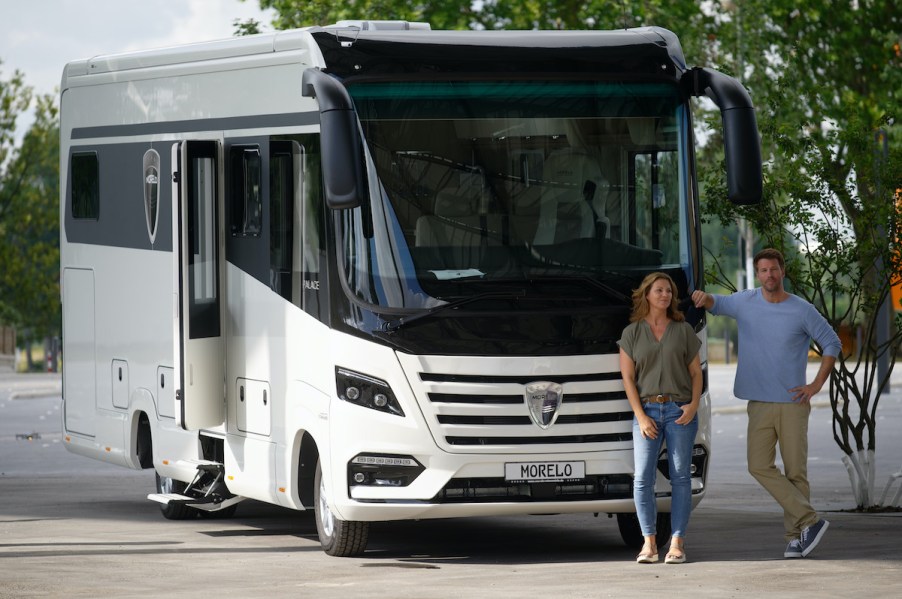
What You Should Know Before Buying an RV
Shopping for a new car is hard enough–imagine the headache that goes into finding an RV? You’re looking for a great RV to take road trips around the country or go camping with the family. It’s tough to know where to start, what to look out for, and how to get a great deal.
You should always make sure you consider factors such as price, size, and special features you may want in your RV. Do your research on both new and used RVs before making any decisions. Always keep your eyes open for red flags that warn you of potential problems.
What should I consider before buying an RV?
When you start thinking about buying an RV, there are several things to consider. First–and most importantly–make sure you know what you can afford. It can be very tempting to get all the bells and whistles on a fancy new RV.
Keep in mind that there are other expenses that you have to factor into owning an RV. Insurance, maintenance, repairs, and fuel are just a few of them. So decide which features are important to you, and go without the rest. Remember, you’re buying an RV so you can have fantastic vacations–don’t spend all of your money on extra features that have no use.
Decide how much room you need in your RV. This depends on many factors. What kinds of trips will you be taking? How many people will be using the RV? Do you have pets? Will you be doing a lot of cooking while you travel? Will you be entertaining guests?
What are some red flags to watch out for when buying a used RV?
According to Business Insider, doing a close inspection of a used RV must make any final decisions. Several red flags indicate serious problems, and they can be deal-breakers.
Mold can indicate severe leaks and water damage–it’s also a health hazard. Floors that seem to be unstable or have a lot of give could be damaged or rotting. The tires on an RV shouldn’t be more than five years old. Even if the tread looks OK, the tires could blow, causing a severe accident. The tires have a DOT label with a four-digit code indicating the week and year that the tire was manufactured.
In addition to watching out for these red flags, be sure to use the RV’s VIN to check its history for accidents, thefts, and recall notices. Lastly, take it out for a test drive. Test it on the highway, city roads, and parking lots to get a feel for it. Ask the owner about anything that seems concerning.
How do I find the best deal on an RV?
RELATED: Hyundai Rolls Out Its First RV, The Porest
There are pros and cons to buying either a new RV or a used model. Brand-new RVs are in great shape and come with a warranty, but they’re more expensive and have higher insurance premiums. Opting for a used RV can help you save money–as long as it doesn’t need repairs. Used RVs are usually not under warranty any longer, so be sure you’re buying from a trusted source if you do buy used.
When you’ve finally decided what type of RV you want, take your time and shop around. Keep your eye out for great financing rates from your bank, and don’t rush into anything. Purchase your RV at the end of a season for a better deal, and consider going to an RV show for a great deal. Don’t be afraid to haggle with the salesperson to get a bargain.


